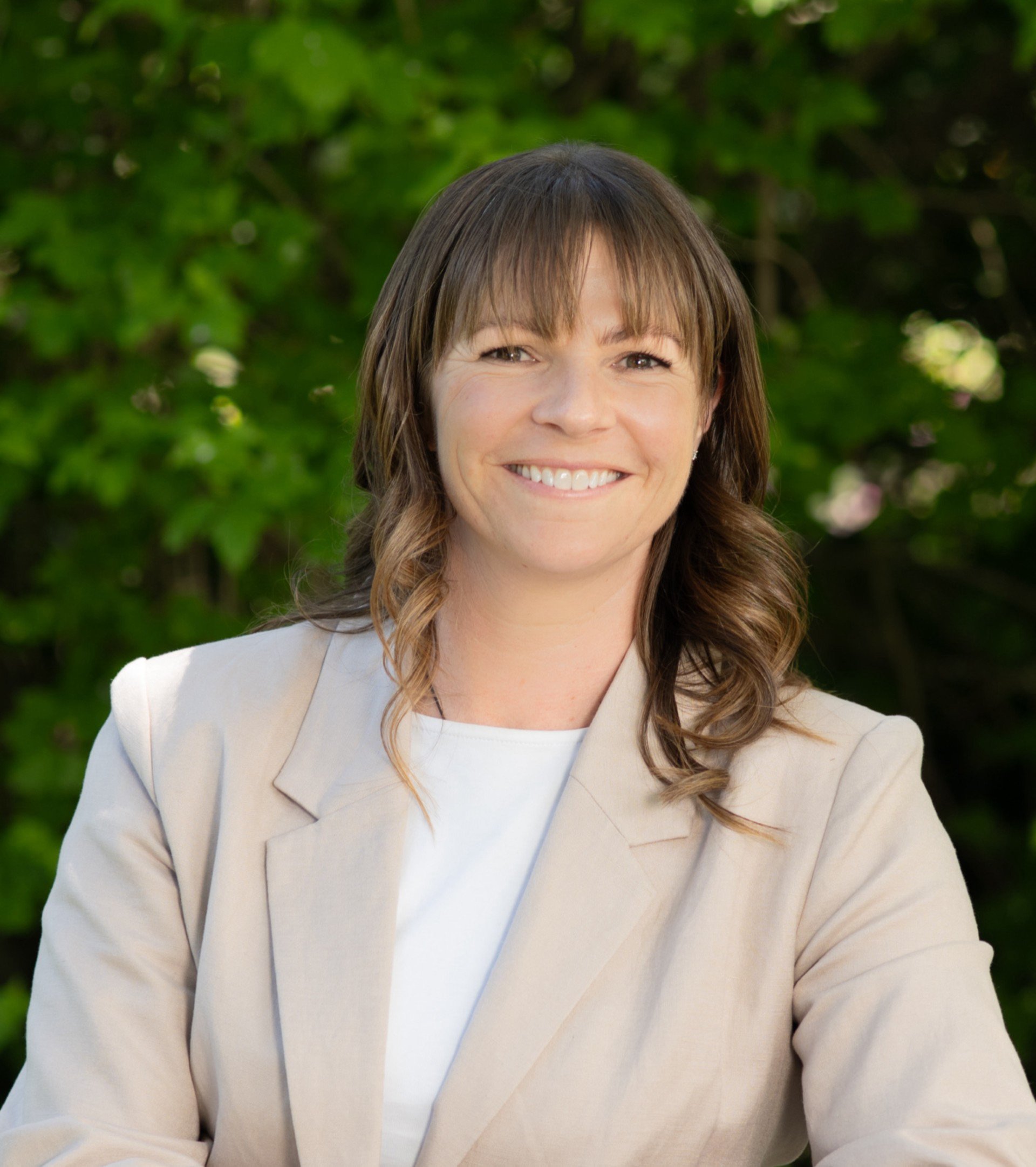
Central Otago Mayor Tamah Alley said people had said "really horrid things to both my face and online".
"For people who are timid by nature, or live in a situation where they perhaps don’t feel necessarily safe in their own home, putting themselves out there as an elected member is a really big deal.
"I think we are seeing a rise in abuse, both online and in-person, towards people in positions of power or positions of particular public interest."
Her comments come after Local Government New Zealand (LGNZ) praised the passing of a Bill in Parliament on Wednesday which would make stalking a criminal offence punishable by up to five years imprisonment.
LGNZ interim chief executive Scott Necklen said the legislation would give elected members another tool to combat abusive behaviour.
There was a rising level of abuse and harassment that elected members faced "on a daily basis", Mr Necklen said.
"We know that female elected members have been particularly targeted, and that families of councillors and council staff are also experiencing increasing harassment.
"We’ve heard cases of elected members or their family members being stalked, followed back to their homes by threatening individuals and verbally harassed outside their workplace.
"This is completely unacceptable. It’s had a severe impact on members, council staff and people standing as candidates — particularly during the local elections period."
Ms Alley said the Bill’s passing was "fantastic news".
She had at times felt "pretty depressed at the level of vitriol coming from some of the people going along to listen to public meetings".
"Certainly knowing a number of elected members from around the country, this has been a particularly nasty campaign season.
"Lots of people are going into this term feeling a bit bruised from how it all went about."
There had been personal attacks on people’s credibility, their pedigree and ability to do the role "but not in a way that was seen previously," she said.
"We’ve seen an escalation in online abuse and harassment for probably the last few years, a real rise in that, but more concerningly this time around an escalation in physicality of threats and violence."
Standing for public office came with a fair amount of scrutiny, but it should be directed at candidates’ policies and what they stood for, Ms Alley said.
Abuse should not be a barrier to people wanting to step up and represent their community, but for some people it was.
"And if this new legislation goes some way towards removing those barriers, I think that’s for the better."
Justice Minister Paul Goldsmith said anybody could be a victim of stalking and harassment, but women were "greatly overrepresented as victims by the deluded, the sexist, and the abusive".
The Justice Committee received submissions on the Bill from more than 600 people.
"Many of them bravely shared their own stories, experiences and the impact stalking and harassment had on their lives.
"Stalking and harassment is vicious, sinister and can be deadly...this insidious behaviour has to stop."
The Bill would come into force in May next year.













